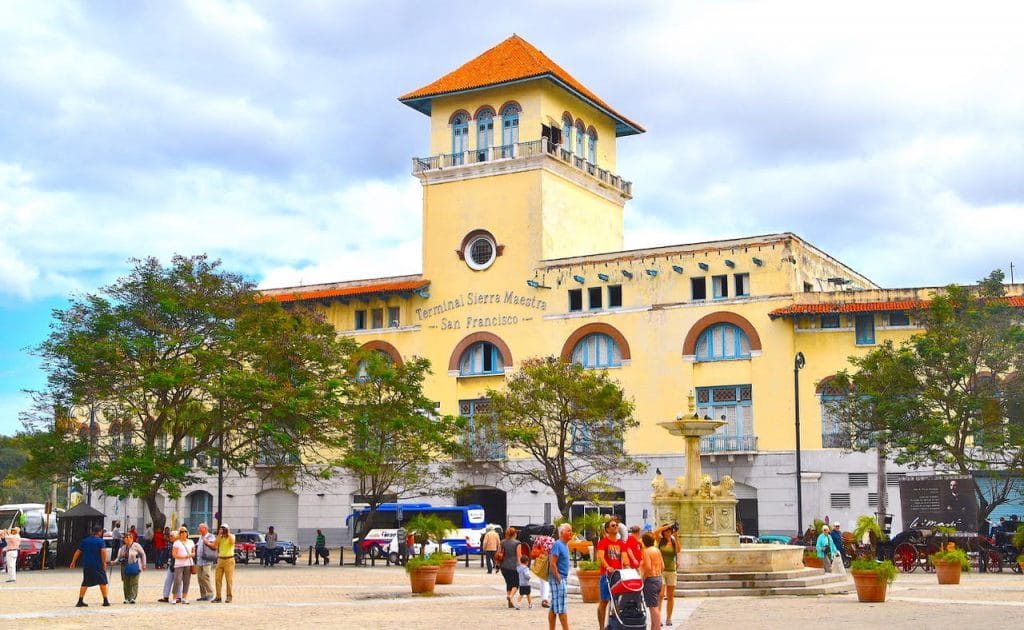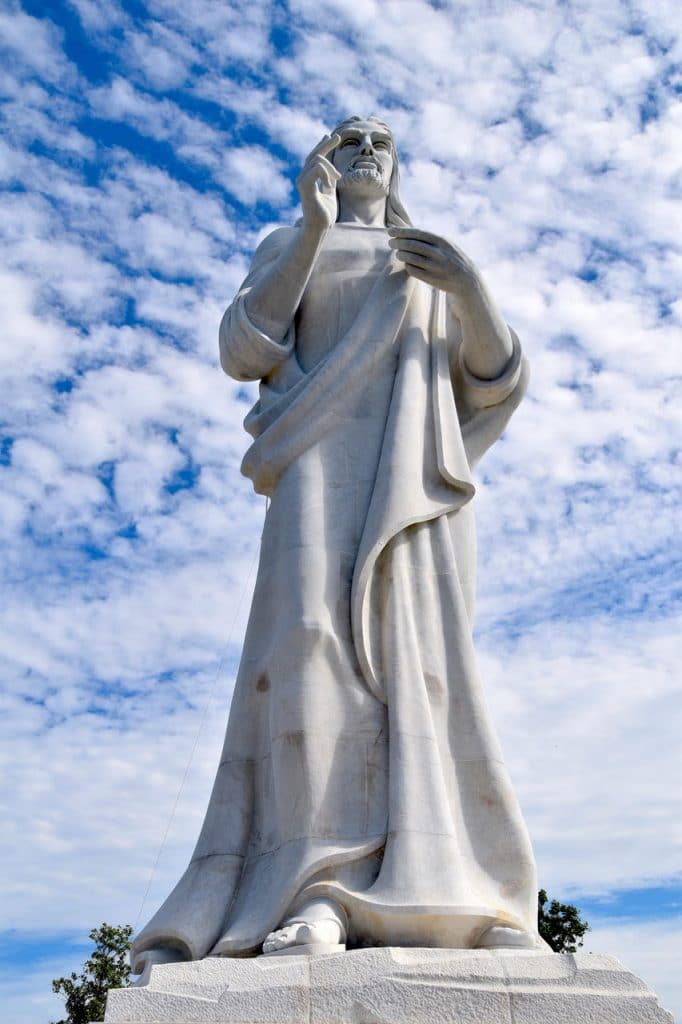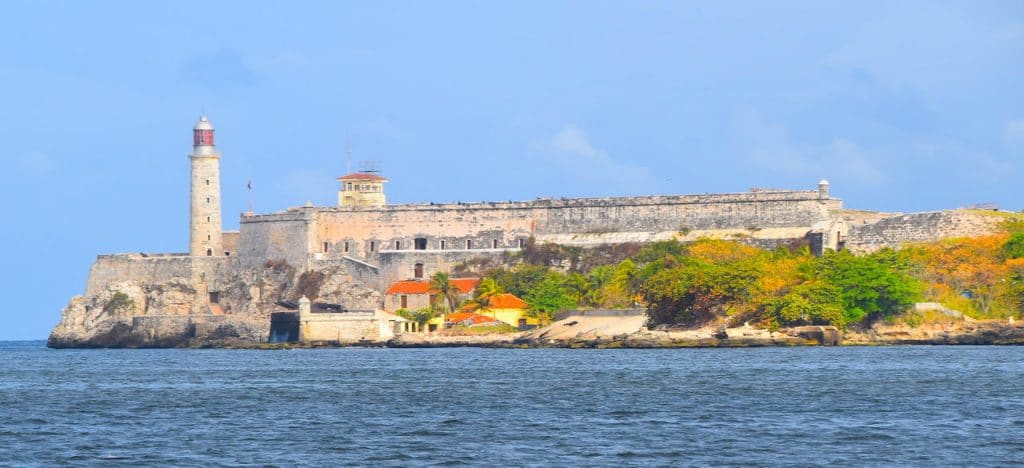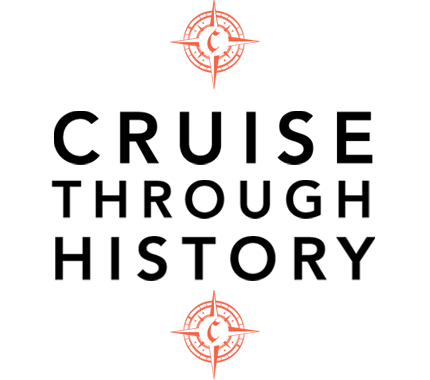By the end of 2017, US tourism surged, including an increase in the number of Cuban cruise itineraries. Cuba welcomes about five million visitors each year. Next to remittances, and US purchase of Cuban sugar, tourism is a large part of the national income of Cuba.
Title III of the 1996 Helms-Burton Act allows US citizens to bring actions in US federal court regarding property seized by the Cuban government. Actions may be filed against the Cuban government, such as the claim of Exxon Mobil for expropriation of company assets in Cuba, or against non-Cuban businesses deriving financial benefit from use of seized assets in Cuba.

From President Clinton forward, each American president has waived the Title III provision, thus blocking actions by US citizens against Canadian or European companies doing business in Cuba, in which seized properties, such as hotels and estates, are used. In April 2019, President Donald Trump vacated the waiver, as a matter of administration policy, raising questions of: What now?
In late April 2019, two Americans, whose families previously did business and held property in Cuba, filed a lawsuit in US federal court in Miami against Carnival Corporation, seeking millions of dollars for use of assets seized in 1960 from family members. Mickael Behn’s allegations involve use by the cruise line of family owned docks in Havana. The Behn family owned the Havana Dock Corporation from 1917 to 1960. Dr. Javier Garcia-Bengochea claims that his family owned piers in Santiago de Cuba, worth over $600,000 in 1970, now held by the Cuban government, at which cruise ships dock. The suit claims use of seized assets is illegal and compensation is due under US law to US citizens.

While the Behn-Garcia-Bengochea lawsuit is pending, clouds hang over the cruise industry. Wells Fargo Securities issued an opinion on what loss of Cuban cruise business means for the industry and cruise travelers are left wondering if their Cuba cruise will launch. Carnival Corporation attorney, George Fowler, issued his opinion reported in Seatrade Cruise News on May 7, in which he noted that the Helms-Burton Act excludes liabilities related to authorized travel to Cuba, and the cruise lines offer authorized people-to-people experiences.
Do not look to Cuba for a response to this matter. The Helms-Burton law is a closed loop. It is American law that controls actions of Americans. Cuba continues to welcome cruise ships.
Though this legal action is of interest to travelers, there is no cause at this time to change your plans to book a cruise to Cuba. Fare costs, already at a premium over Caribbean travel, are not likely to increase. If Mr. Fowler is correct in his assessment, the court case will be short-lived.

If Carnival Corporation is not successful in achieving immediate dismissal of the claim, litigation is likely to last for years in the trial court and then several more years on appeal. Over the next decade of litigation, presidential policies and guidance may change. It is also possible that the actions of President Trump may spur the Congress to a comprehensive resolution of the embargo.
(As a disclaimer, no legal opinions are intended in this blog. Note: State Department guidance on cigars has not changed. There is no limit on purchases of Cuban cigars for personal use. Enjoy!)
If you want to learn more about Sherry Hutt’s adventures check out one of her books on Amazon.com







